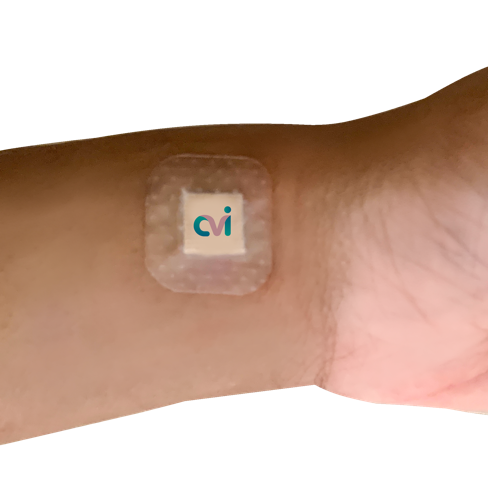Hysterectomy – Not the Promised Magical Fix
If you’ve been diagnosed with uterine fibroids and advised to undergo a hysterectomy, stop for a minute and consider this: Surgical removal of your uterus could be a life-altering operation, and not necessarily in a good way. Before you go in for this radical surgery, learn about its repercussions. Hysterectomy is often offered as the only solution for symptomatic uterine but many less-invasive options are available to treat fibroids safely and effectively.
Hysterectomies are More Common than Necessary
Hysterectomies (surgical removal of the uterus) are the second most common operation performed in women in the United States. The surgery can involve additional procedures like removal of the ovaries, fallopian tubes, and cervix. Hysterectomies are most commonly performed to treat pain and bleeding caused by uterine fibroids, a condition that two-thirds of women develop by age 50.1
Interestingly, while the number of alternate, minimally-invasive procedures for benign problems like uterine fibroids has been growing, hysterectomies continued to be performed at the same rate, roughly 500,000 each year in the U.S.2 Studies show that alternatives to hysterectomy are being underused. What’s more, nearly 1 out of 5 hysterectomies for benign problems are unnecessary.3
38% of Women under 40 Subjected to Hysterectomy for Non-Cancerous Conditions
Post-Hysterectomy Risks can be Significant
Surgeons often recommend a hysterectomy to women who do not want any more children. It seems like the easiest option. Why keep the uterus when you don’t need it? Right? Removing the problematic organ will solve all the issues. Not so.
A hysterectomy is not a magical fix. Removing the uterus can have side effects ranging from bladder dysfunction to pelvic pain, scarring, and the inability to have orgasms. The risk of going into early menopause is two times higher after a hysterectomy.4 Hysterectomies in women under 35 can lead to mental health problems like depression. The operation can also increase the risk of congestive heart failure. Women who’ve had hysterectomies are at risk for obesity, heart disease, and high blood pressure, with the risks being higher in younger women.
Hysterectomy Offered More than Other Options
Black Women Subject to Hysterectomy 2.4x more than White Women
Be Your Own Advocate
Non-Surgical UAE

- Marsh EE, Al-Hendy A, Kappus D, Galitsky A, Stewart EA, Kerolous M. Burden, Prevalence, and Treatment of Uterine Fibroids: A Survey of U.S. Women. Journal of Women’s Health. Vol. 27, No. 11.
- Wright JD, Herzog TJ, Tsui J, et al. Nationwide trends in the performance of inpatient hysterectomy in the United States. Obstet Gynecol. 2013;122(2 Pt 1):233-241.
- https://www.elsevier.com/about/press-releases/research-and-journals/nearly-one-in-five-women-who-undergo-hysterectomy-may-not-need-the-procedure
- Rizk B, Fischer AS, Lotfy HA, et al. Recurrence of endometriosis after hysterectomy. Facts Views Vis Obgyn. 2014;6(4):219-227.






